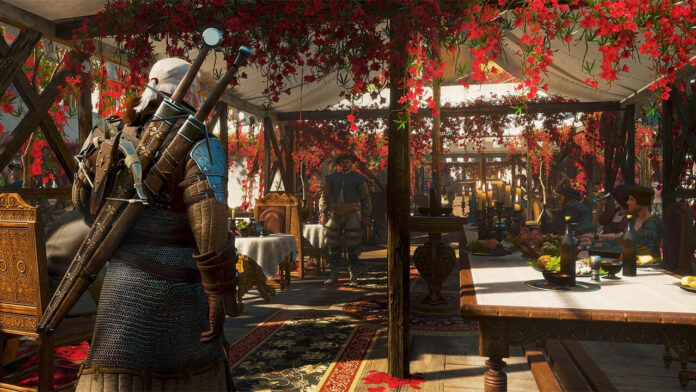You’ve most certainly heard this term before thrown around in the gaming community, but what does DLC mean in gaming?
In today’s dynamic gaming landscape, the end of a game’s main storyline doesn’t necessarily mean the end of the adventure. Enter the world of “DLC” – a term that has become synonymous with extended playtime, fresh content, and renewed excitement. But what exactly is DLC, and how has it transformed our gaming experiences?
DLC stands for “Downloadable Content.” It refers to additional content that players can download to expand or enhance the base game. This content can range from new story chapters, characters, and maps to cosmetic items, weapons, and even entirely new game modes. Essentially, DLC allows developers to continue building upon a game’s universe, long after its initial release.
Here are 5 successful DLCs in popular games
- The Witcher 3 – Blood And Wine
- Mass Effect 3 – Citadel
- The Last Of Us – Left Behind
- GTA 4 – The Ballad Of Gay Tony + The Lost and Damned
- Fallout 3 – Broken Steel
The rise of DLC has been a game-changer, both for developers and players. For developers, it offers a way to keep a game relevant, extend its lifespan, and generate additional revenue. For players, DLC provides opportunities to dive deeper into beloved game worlds, explore new narratives, and face fresh challenges.
However, DLC is not without controversy. Some gamers argue that certain DLCs should have been included in the base game, especially when they feel like they’re paying extra for “incomplete” content. On the other hand, well-crafted DLC can offer rich, standalone experiences that genuinely enhance the original game.
To sum it all up, DLC in gaming represents the evolving nature of digital entertainment. As games become more expansive and interconnected, DLC ensures that our favorite games continue to grow, surprise, and captivate us, one download at a time.



